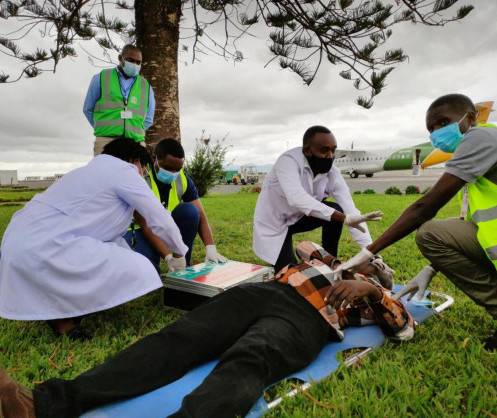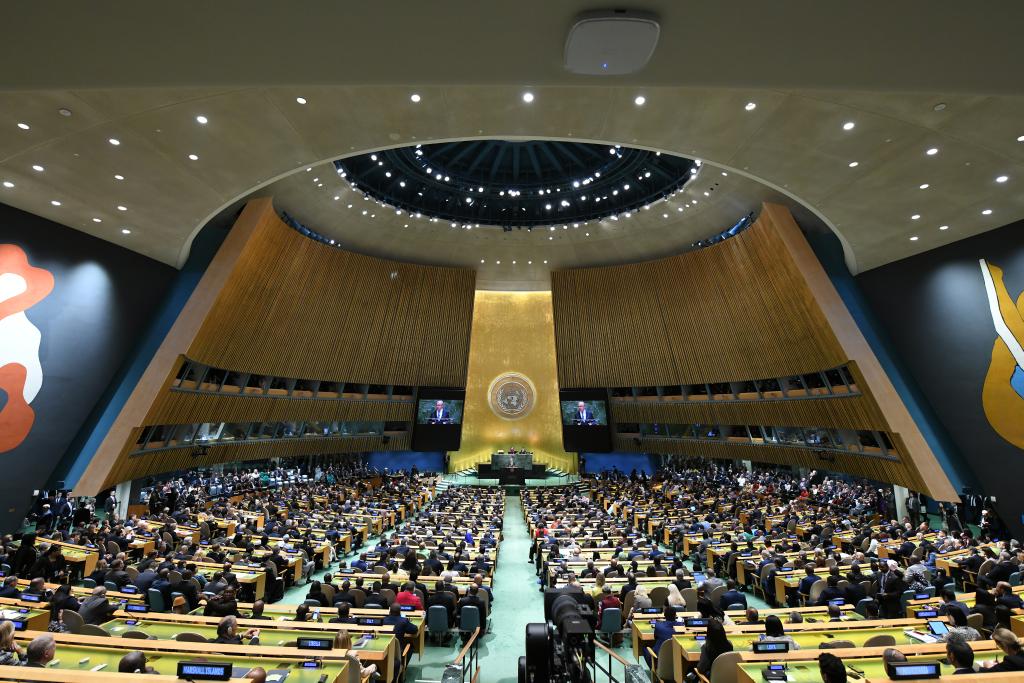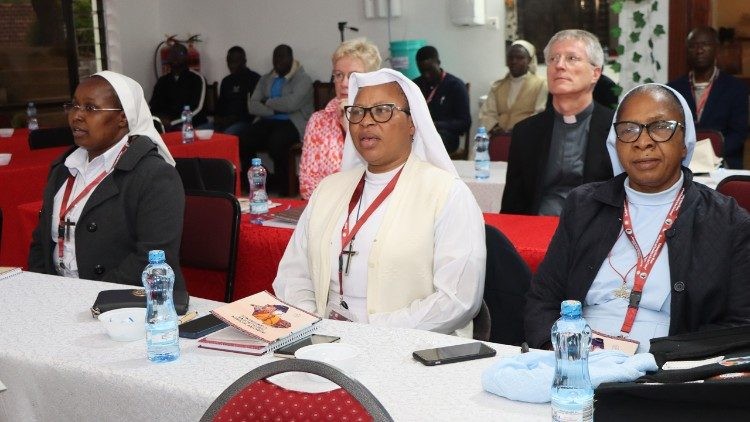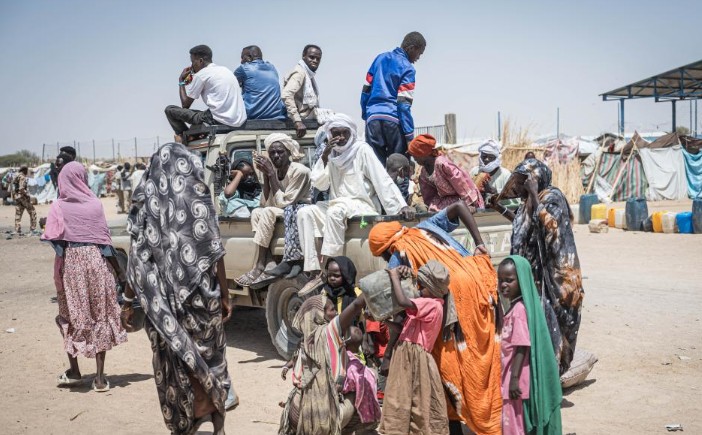East Africa steps up health emergency readiness, response. The region faces recurrent outbreaks and disasters
Five East African countries have held their first simulation exercise since the onset of the COVID-19 pandemic to improve preparedness and bolster response to health emergencies. The East Africa region faces recurrent outbreaks and disasters. In the past three years alone the region faced outbreaks of diseases including cholera, Ebola, Marburg, measles and Rift Valley Fever.
The seven-day simulation exercise organized by the East African Community (EAC) with support from World Health Organization (WHO) and German Cooperation (GIZ) focused on reinforcing disease surveillance at points of entry and gathered more than 60 emergency management experts from Burundi, Kenya, Tanzania, Uganda and South Sudan.

“We are living in an interlinked world as exemplified by the COVID-19 pandemic. This reality rings so true in East Africa where our people and countries have close socioeconomic ties. An infectious disease outbreak in one country can longer be seen as a remote possibility at home,” said Dr David Balikowa, East African Community Senior Livestock Officer.
Emergency preparedness is crucial not just to save lives and preserve health, entire economies can be devastated and livelihoods wiped out without effective response
During the simulation, participants held a practical session at the Kilimanjaro International Airport in Tanzania’s northern Arusha city involving a realistic disaster scenario which will help attendees build decision-making skills and coordination between national and district level authorities. The participants also learned designing of operational plans and protocols to contain an outbreak.
Although most of the East African countries have built capacities through responding to various emergencies annually, the frequency and scale of the emergencies continue to stretch available resources necessitating constant capacity development. Additionally, the increased trade and travel among the countries presents a risk of rapid cross border spread of diseases.
“Emergency preparedness is crucial not just to save lives and preserve health, entire economies can be devastated and livelihoods wiped out without effective response,” said Dr Mary Stephen, Focal Point for International Health regulations at WHO Regional Office for Africa. “At WHO, we stand firmly behind national efforts to better respond and cope with the impacts of emergencies.”
ALSO READ: AfCFTA to boost pharmaceutical sector in Africa
The simulation exercise, which builds upon previous drills, also aims to empower participants to operate the various forms of simulations as well as making their skills available for the regional pool of rapidly deployable experts.
“Fighting for more resilient health systems can also help withstanding the shock of disaster and potential damage from emergencies,” said GIZ Project Manager Dr Irene Lukassowitz. “This is why the EAC hosted the simulation exercise for operations at points of entry to ensure all protocols and international health regulations are followed accordingly.”
The International Health Regulations requires countries to develop capacities in 13 spheres to prepare, detect and respond effectively to health emergencies. As of 2021, no country in the African region had fully attained the capacities.
Although these East African countries are yet to fully achieve the requirements of optimizing health emergency preparedness and response at points of entry, they have stepped up their capacities largely due to investments made since the onset of the COVID-19 pandemic.













